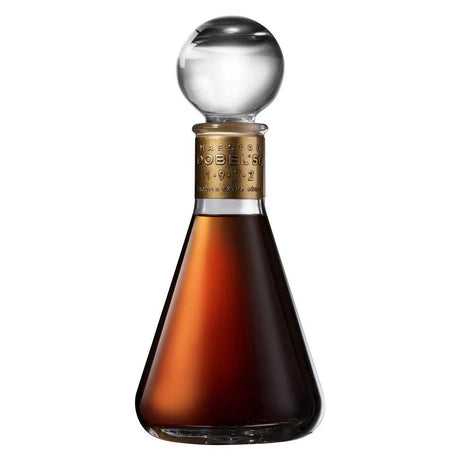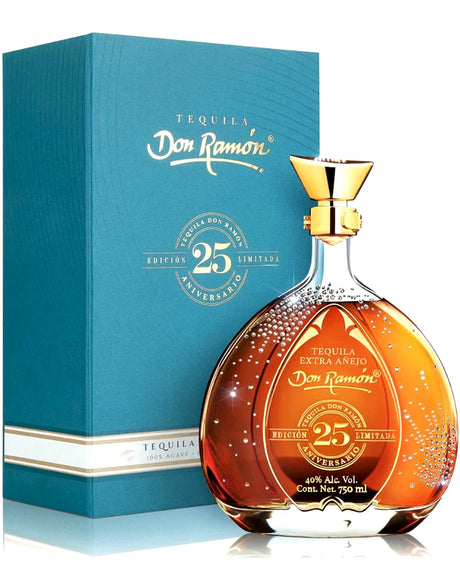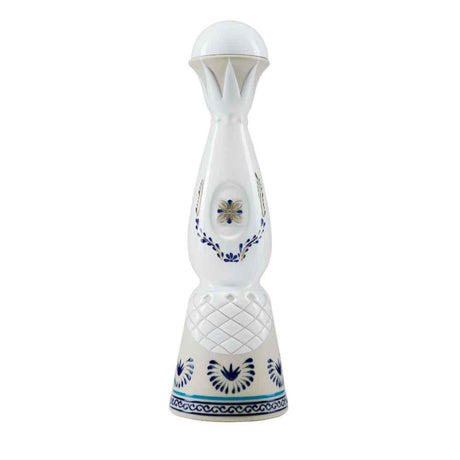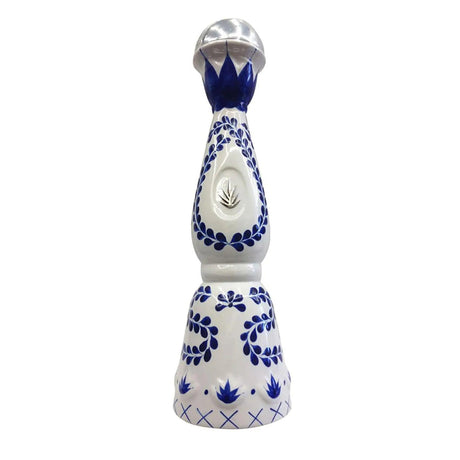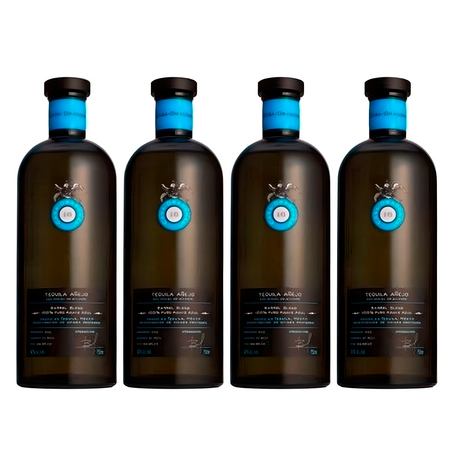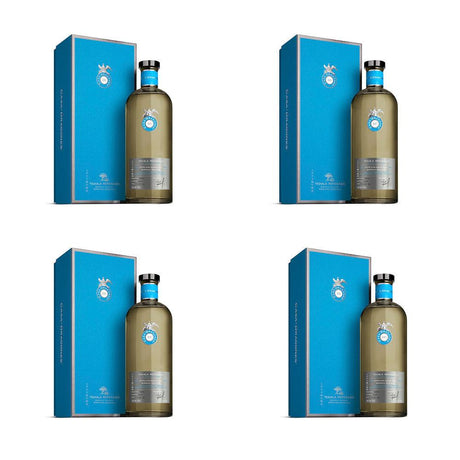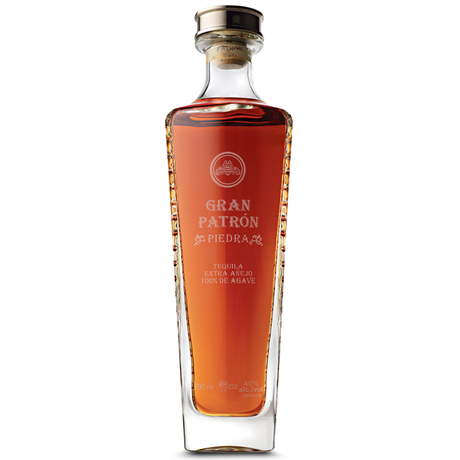When we think of Mexico, tequila inevitably comes to mind. This crystal-clear or golden beverage, with its unmistakable flavor, has come a long way: from being a regional spirit consumed in small towns in the western part of the country to becoming a national symbol and a World Heritage Site . But how did this transformation happen?
Origins: from agave to tradition
Tequila originates in the state of Jalisco, specifically in the Tequila region, where the blue agave ( Agave tequilana Weber variety azul ) found ideal growing conditions. Long before the arrival of the Spanish, indigenous peoples were already fermenting agave into beverages like pulque .
With the advent of distillation in the 16th century, introduced by European colonizers, agave was transformed into a new beverage: stronger, more aromatic, and longer-lasting. Thus was born the precursor to tequila, initially known as Tequila mezcal wine .
The boom in colonial times
During the colonial era, tequila began to be sold in Guadalajara and other nearby cities, thanks to its cheaper and more accessible production than spirits imported from Spain. In the 17th century, the first producing families began to perfect the process, distilling in rudimentary stills that are now part of the tradition.
By the 18th century, tequila was already an affordable and popular product , consumed at religious festivals and community celebrations. Gradually, the drink ceased to be seen solely as a rustic spirit and became a symbol of regional identity.
Tequila in the Independence and the Revolution
Tequila has been a staple of some of the most important moments in Mexican history. During the War of Independence (1810-1821), it was a popular drink among insurgent troops, providing warmth and energy during long days of fighting.
Later, during the Mexican Revolution (1910-1920), tequila was already present in bars and gatherings, establishing itself as the drink of the people. It became synonymous with resistance, pride, and celebration, gaining ground against beers and other foreign spirits.
From local to international
Tequila's true breakthrough came in the 20th century. After the Revolution, the Mexican government began promoting its production and associating it with national culture. In films from the Golden Age of Mexican Cinema, figures such as Pedro Infante and Jorge Negrete popularized it in songs and scenes that portrayed tequila as a symbol of masculinity, love of country, and the joy of the people.
In 1974, Mexico officially declared the Tequila Denomination of Origin (DOT) , protecting the beverage's authenticity and limiting its production to specific regions of Jalisco and select municipalities in Guanajuato, Michoacán, Nayarit, and Tamaulipas. This step was key to ensuring its quality and international prestige.
In 2006, UNESCO recognized the Agave Landscape and Former Industrial Facilities of Tequila as a World Heritage Site. This recognition not only placed tequila in the spotlight around the world but also highlighted its cultural, historical, and economic importance to Mexico.
Tequila Today: A Global Ambassador for Mexico
Today, tequila is much more than a drink: it's Mexico's ambassador to the world . It's exported to more than 120 countries and has become one of the most consumed spirits worldwide, especially in the United States and Europe.
Furthermore, it has managed to diversify: from fresh and herbal blanco tequilas to reposados and añejos with notes of wood, vanilla, and nuts. Its versatility has allowed it to position itself in both cocktails and exclusive high-end tastings.
Tequila isn't just drunk: it's experienced. Each sip connects with centuries of history, with the efforts of the jimadores who work the agave, with the traditions of Jalisco, and with the national pride of a nation that has made it one of its greatest cultural symbols.
The journey of tequila is an example of how a local tradition can be transformed into a universal symbol. From a regional spirit consumed at small parties, it has become Mexico's liquid heritage , recognized and celebrated around the world.
Today, when someone raises a glass of tequila, they're not just toasting with a spirit: they're toasting with the history, culture, and heart of Mexico.
Want to learn more about the world of Mexican spirits? Visit Tequilas – Vinosylicores.com and find our special selection of tequilas to celebrate tradition at your table.

